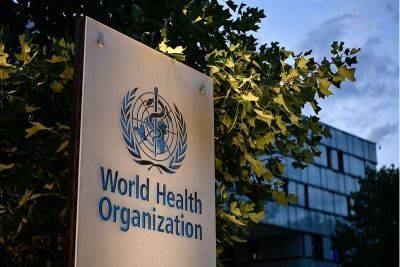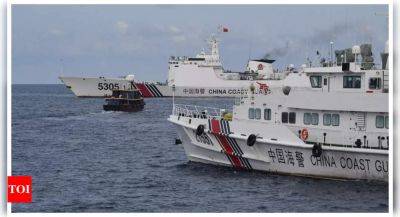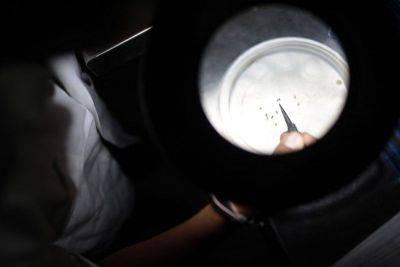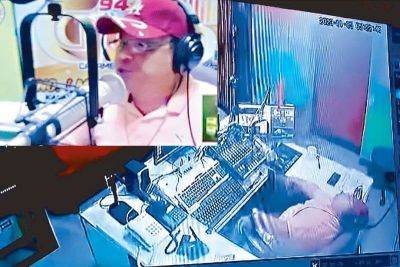German solar industry looks to rise again
BITTERFELD-WOLFEN, Germany — A decade after a wave of bankruptcies all but wiped out the German solar industry, the sector is looking to reestablish itself in the face of stiff competition from abroad.
Overproduction in China and massive government subsidy programmes in the United States mark the struggle to stay profitable for a business that used to boom in Germany.
In Bitterfeld-Wolfen, a solar cell plant opened in 2021 by the Swiss group Meyer Burger on the site of defunct German producer Q-Cells is a sign of a possible renaissance.
"We managed to recruit a number of former employees in the sector, and we are benefitting from their know-how," the director of the Meyer Burger factory, Jochen Fritsche, told AFP.
At the plant in the eastern German city, a million of the blue cells roll off the line each day, ready to be assembled into the modules that make up solar panels.
Production at the factory is largely automated, with just some 50 employees overseeing the non-stop manufacturing process via computer screens.
First, the silicon wafers that form the basis of the cells are dipped in a chemical solution. Then they are given a reflective grey coating, dried and cut in two.
The outcome of this high-precision industrial process -- the details of which are closely guarded by Meyer Burger -- is a cell which is said to yield 20 percent more energy than the competition.
"Technology is the core of our business and it's what is allowing us to rebuild production in Europe," Gunter Erfurt, Meyer Burger's CEO, told AFP.
The group's factory is located at the heart of what was once heralded as "Solar Valley", an area in the middle of former communist East Germany that hosted a high concentration of solar energy businesses in its heyday in the 2000s.
German manufacturers were global leaders in solar at the time, carried along by healthy government subsidies. But the public funding was slashed in 2010, leading many of the businesses to go bust.
Thousands of jobs were cut in Solar Valley, while Chinese competitors took the top spot in the industry.
Today, Chinese companies make up an estimated 80 percent of photovoltaic production worldwide, just as Germany is looking to







